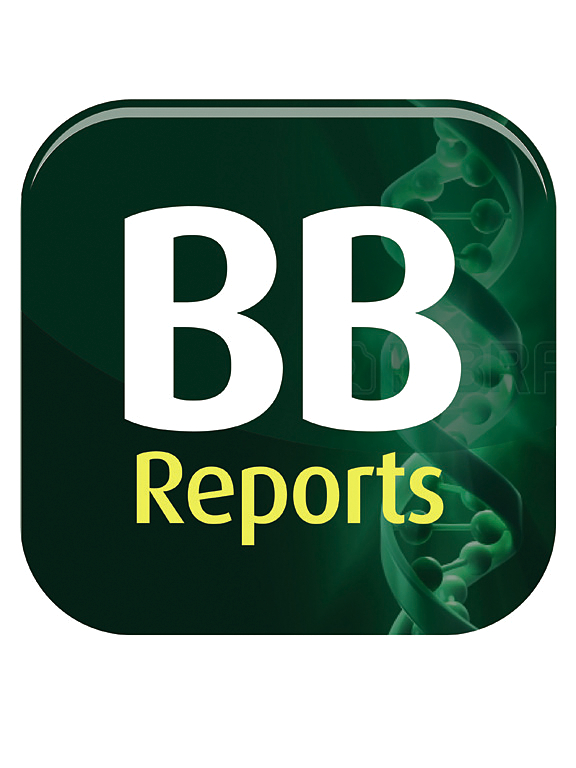Current literature support and opposition for therapeutic use of selenium supplementation in autoimmune thyroid conditions
IF 2.3
Q3 BIOCHEMISTRY & MOLECULAR BIOLOGY
引用次数: 0
Abstract
This systematic review investigates the correlation between selenium status and thyroid conditions, specifically focusing on autoimmune thyroid diseases (AITD) including Hashimoto's Thyroiditis (HT) and Graves' Disease (GD). After a meticulous analysis of 14 research studies, we explored the impact of selenium levels and supplementation on several thyroid-specific parameters and overall disease progression. Several studies indicated a notable inverse correlation between selenium deficiency and the prevalence and severity of AITD. In particular, HT patients showed consistent improvement with selenium supplementation, suggesting its potential as a therapeutic agent. However, the effect of selenium on GD was not as clear, with some studies indicating no significant correlation. These inconsistent effects demonstrate how nuanced AITD treatment must be. It also shows that selenium plays a varied role in thyroid health. The findings in this review serve as an example of how micronutrient intake is important in thyroid disease management. The nuances of these treatments support a need for more patient-centered and individualized treatment plans, which may be further helped by detailed research into proper dosing and administration strategies. Specific patient populations may benefit from selenium supplementation, though the variability in outcomes points to a need for vigilance in the clinical setting. Importantly, the ability to personalize supplementation depends on establishing a reliable method for detecting selenium deficiency or status. Future clinical guidelines should emphasize the necessity of a solid diagnostic framework that allows for precise monitoring, ensuring that selenium supplementation is appropriately justified and tailored to individual patient needs.
目前的文献支持和反对硒补充剂治疗自身免疫性甲状腺疾病
本系统综述探讨了硒状态与甲状腺疾病的相关性,特别关注自身免疫性甲状腺疾病(AITD),包括桥本甲状腺炎(HT)和格雷夫斯病(GD)。经过对14项研究的细致分析,我们探讨了硒水平和补充对几个甲状腺特异性参数和整体疾病进展的影响。一些研究表明,硒缺乏与AITD的患病率和严重程度呈显著的负相关。特别是,HT患者在补充硒后表现出一致的改善,表明其作为一种治疗药物的潜力。然而,硒对GD的影响并不明确,一些研究表明没有显著的相关性。这些不一致的效果表明,AITD治疗必须非常细致。研究还表明,硒在甲状腺健康中发挥着多种作用。本综述的发现为微量营养素摄入对甲状腺疾病管理的重要性提供了一个例子。这些治疗的细微差别支持了对更多以患者为中心和个性化治疗计划的需求,对适当剂量和给药策略的详细研究可能会进一步帮助。特定的患者群体可能从补充硒中受益,尽管结果的可变性表明需要在临床环境中保持警惕。重要的是,个性化补充的能力取决于建立一种可靠的方法来检测硒缺乏或状态。未来的临床指南应强调一个可靠的诊断框架的必要性,以允许精确的监测,确保硒的补充是适当的,并根据个体患者的需要量身定制。
本文章由计算机程序翻译,如有差异,请以英文原文为准。
求助全文
约1分钟内获得全文
求助全文
来源期刊

Biochemistry and Biophysics Reports
Biochemistry, Genetics and Molecular Biology-Biophysics
CiteScore
4.60
自引率
0.00%
发文量
191
审稿时长
59 days
期刊介绍:
Open access, online only, peer-reviewed international journal in the Life Sciences, established in 2014 Biochemistry and Biophysics Reports (BB Reports) publishes original research in all aspects of Biochemistry, Biophysics and related areas like Molecular and Cell Biology. BB Reports welcomes solid though more preliminary, descriptive and small scale results if they have the potential to stimulate and/or contribute to future research, leading to new insights or hypothesis. Primary criteria for acceptance is that the work is original, scientifically and technically sound and provides valuable knowledge to life sciences research. We strongly believe all results deserve to be published and documented for the advancement of science. BB Reports specifically appreciates receiving reports on: Negative results, Replication studies, Reanalysis of previous datasets.
 求助内容:
求助内容: 应助结果提醒方式:
应助结果提醒方式:


